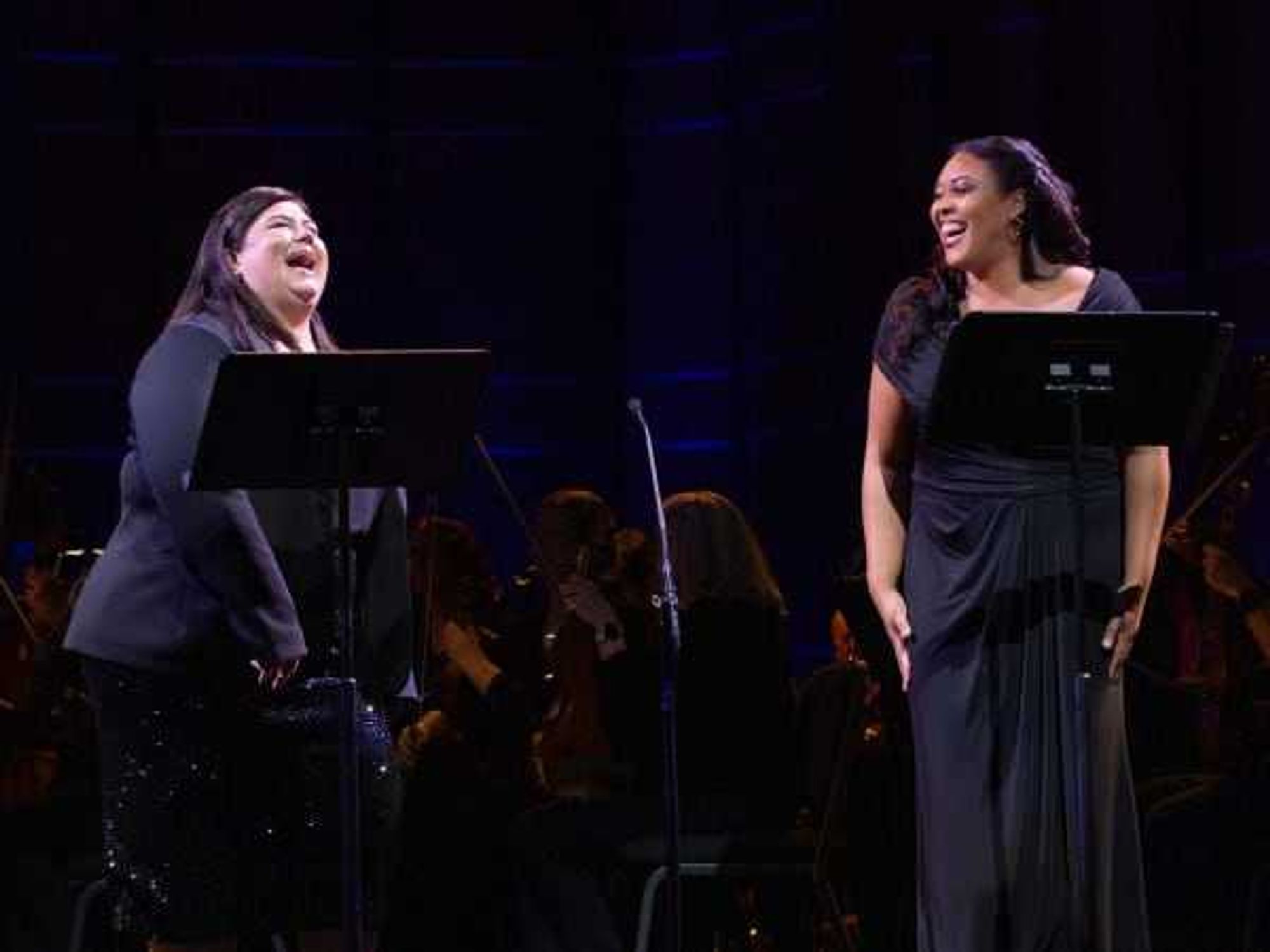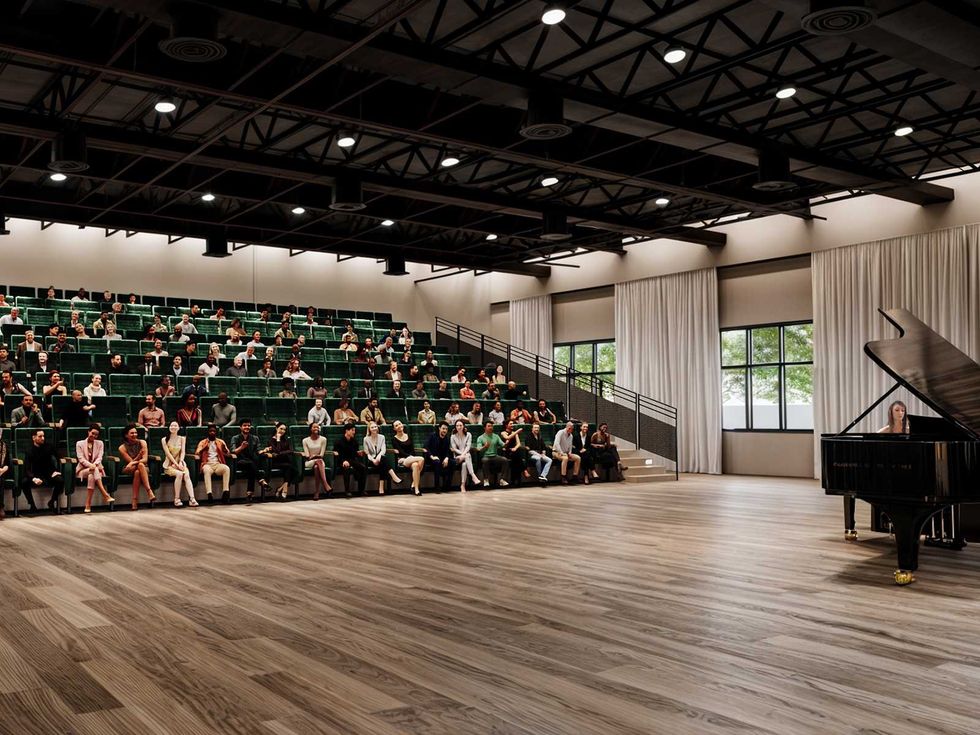FronteraFest
Dark waters: Dan Dietz's Lobster Boy creates theatrical magic at Frontera Fest

 Dan Dietz
Dan Dietz
Don’t Go In The House, now playing at FronteraFest, presents four one-person plays. One of them is the 2010 Heideman Award winning short by Dan Dietz, Lobster Boy, and the other three, Fear Itself, Dawn of the Drowsy and They're Coming to Get You! are by Lowell Bartholomee of the Rude Mechs. On the surface, the quartet of shows appear to be similar — all have a single white actor on stage, all are monologues, all project images onto an upstage screen and all use the same set piece — a wooden chest strapped to a dolly — in evocative ways.
Of the four, however, Dietz’s Lobster Boy is the only piece that takes the audience into darker, more introspective waters. A man, played by Robert Faires, stands onstage behind a podium, cradling a small stack of note cards as he begins a speech that soon shows itself to be a tragedy.
He tells of an older brother who must safeguard the younger, because the younger brother is born without the ability to feel pain. The father leaves and the mother must work, so the older brother has to give up any semblance of a life to keep the younger brother out of harm's way. While the older brother loves the younger, he also resents him more and more as they both get older. When he is 14-years-old, he learns at school that, like his younger brother, lobsters cannot feel pain but maybe — and here both the boy and the play take a leap — they feel fear. The older brother decides that if he can teach the younger brother how to fear, their lives might be normal.
Robert Faires speaks precisely, a dispassionate narrator whose words are undercut and emphasized by the projections behind him. The words on the screen elevate this short play into theatrical magic. “Picture in your mind,” the screen commands and gives a list: “Boxing gloves.” “A lobster.” “A 14-year-old boy with an opera in his eyes.” “His eyes.” At the climax of the narration, the correlating words on the screen both distract from and elaborate upon the devastating conclusion.
Lobster Boy makes a jarring contrast with Bartholomee's three pieces, and the decision to link the four together is confusing. In Fear Itself, Bartholomee takes the stage himself to sell a home security system by trying to frighten his prospective customer. He speaks directly to the audience about a number of nightmare scenarios that won't occur if only they would buy the $3,600 “peace of mind” that he's offering.
This theme of contemporary paranoia carries over into Dawn of the Drowsy, performed by Ellie McBride, as she drifts in and out of job interviews while ruminating on the apocalypse; in They're Coming to Get You!, Robert Fisher also plays an unnamed narrator who shows clips from 1970s and 80s sci-fi horror movies and relates them to his father's mental illness.
These monologues are engaging and well-written, but they never quite make their purpose clear. Many audience members laugh and sympathize with the characters, but those in the crowd who don’t possess an innate interest in zombie home invasion, or who haven’t seen a single one of the films referenced (and shown during) They're Coming to Get You!, don’t have a lot to cling to.
That said, the evening as a whole is a pleasant experience that at least reminds theater-goers that a single actor can command an entire stage. Lobster Boy alone is worth the ticket price and packs an emotional wallop that lingers long after it ends.
---
Don't Go in the House! has one more performance at Salvage Vanguard Theater on February 2nd at 8:30 p.m. Purchase tickets here.

 Ofrenda composer Jorge Sosa with Opera board chair Susanne TetzlaffPhoto by Marjorie Kamys
Ofrenda composer Jorge Sosa with Opera board chair Susanne TetzlaffPhoto by Marjorie Kamys The 180-seat Butler Performance Center as it might look when it is competedRendering courtesy of Austin Opera
The 180-seat Butler Performance Center as it might look when it is competedRendering courtesy of Austin Opera